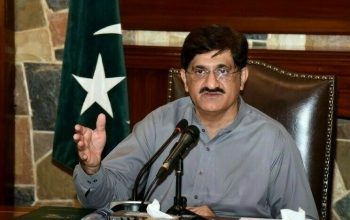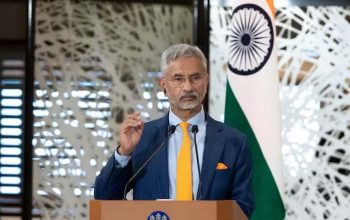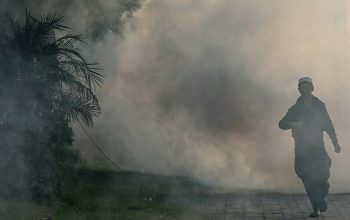Supreme Court Justice Mansoor Ali Shah raised a pertinent question on Thursday, questioning how the "17 unelected judges" of the apex court could declare parliamentary legislation, endorsed by the country's 250 million people, as malicious. Seated on a special three-member bench for the Pakistan Tehreek-e-Insaf (PTI) chairman's petition against amendments to accountability laws by the prior government, Justice Shah acknowledged the possibility of reviewing decisions made by the elected house to some extent.
During the session, senior lawyer Makhdoom Ali Khan appeared before the bench, led by Chief Justice Umar Ata Bandial, on behalf of the federal government.
Khan maintained that the Supreme Court consistently supported the law, even in its amended form. “Past court decisions have not invalidated the retroactive application of the law,” Khan stated.
Chief Justice Bandial noted that the changes to the National Accountability Bureau (NAB) law unnecessarily burdened prosecution.
Emphasizing the core of the accountability process, he stressed that action against ‘benami’ holdings was paramount. It was crucial to ascertain whether assets were acquired through corruption, forming the backbone of accountability.
Khan argued that amending the severity of the law didn't imply favoring criminals. Different approaches could address crimes over varying periods.
“NAB was established for significant corruption cases, and the Rs500 million limit was set based on court observations,” Khan explained.
Chief Justice Bandial pointed out the decline in the public sector from 1999 to the present, specifically mentioning entities like Pakistan International Airlines (PIA) and electricity distribution companies.
He highlighted that electricity line losses had surged to 40%.
Khawaja Haris, representing PTI, contended that NAB spent Rs18 billion on investigations and references from 2018 to 2021. He argued that applying NAB law amendments retroactively would squander public funds.
Justice Shah queried Haris if the Supreme Court could halt parliamentary legislation solely due to the Rs18 billion expenditure. He also noted that the process of plea-bargain was hindered by parliament due to pressure concerns in some cases.
Haris responded that if parliamentary legislation favored specific individuals, the court could review it.
Justice Shah indicated that non-elected individuals could review the elected house's decisions to a certain extent. Chief Justice Bandial noted the stringent criteria for proving that legislation favored certain individuals.
The hearing was adjourned by Chief Justice Bandial, with further proceedings scheduled for Friday.
Read the full story at the express tribune website.


